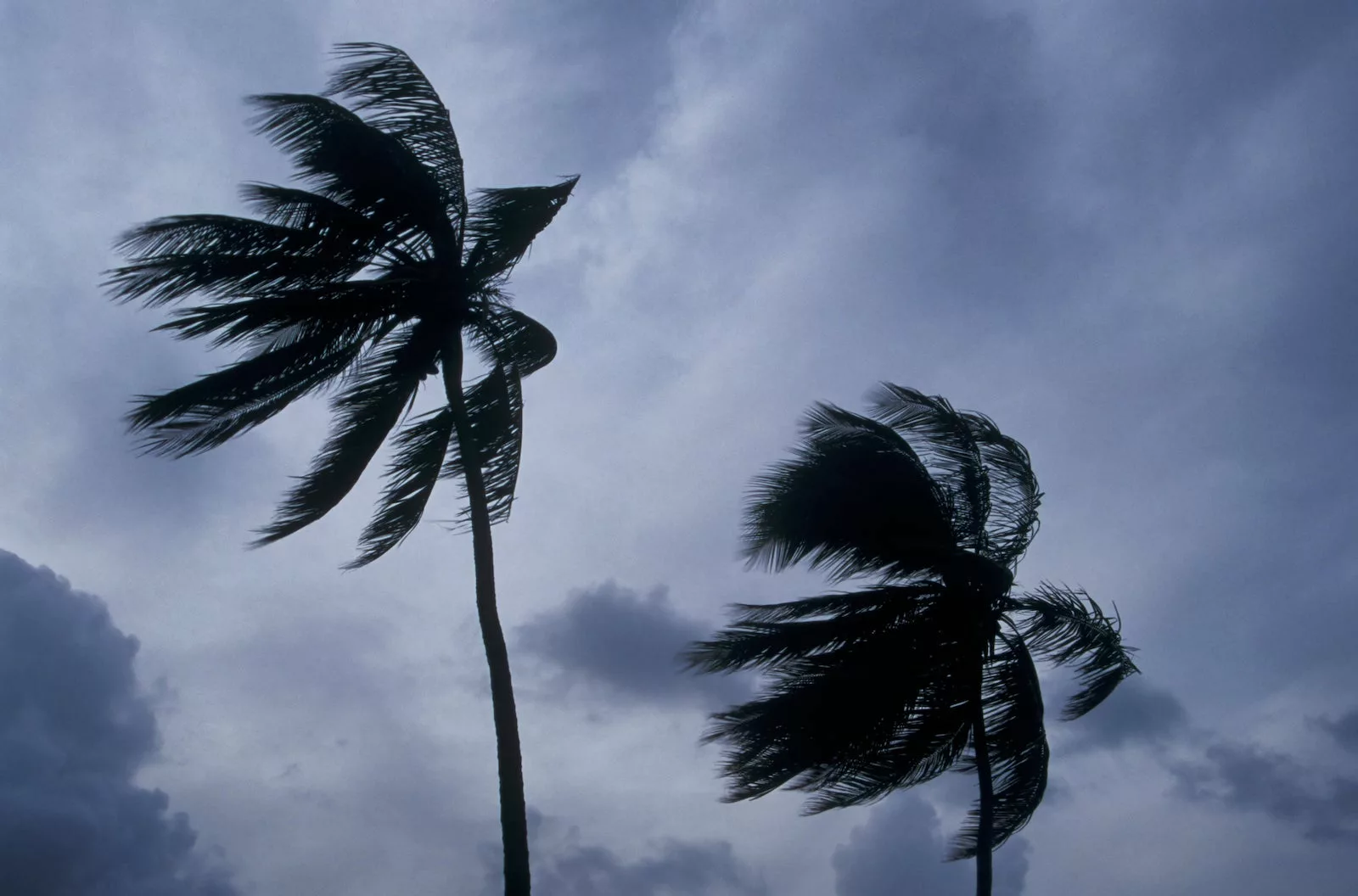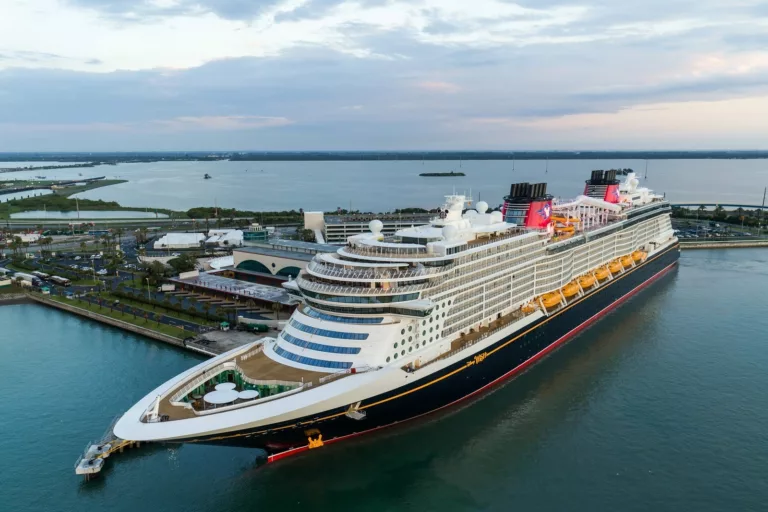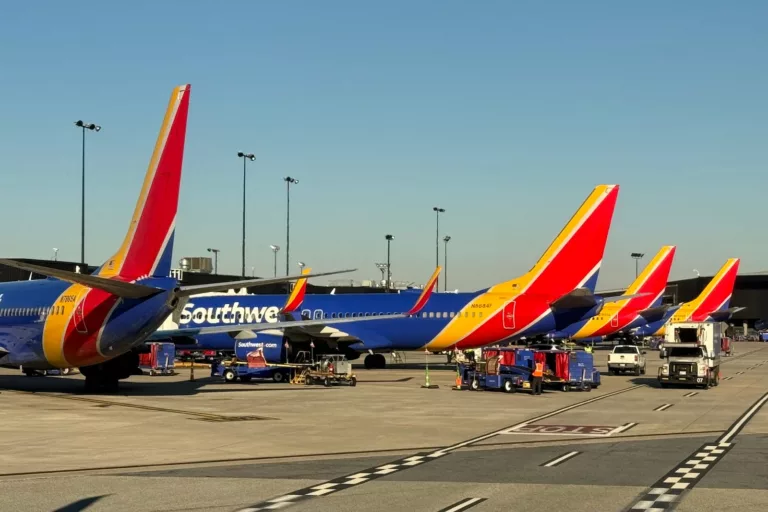Avoid These Common Travel Mistakes During Hurricane Season
Traveling to stunning destinations in the Caribbean, Florida, or the Gulf Coast during the summer or fall can be a dream come true. However, that dream can quickly turn into a nightmare if a hurricane strikes your chosen locale. With the National Oceanic and Atmospheric Administration (NOAA) forecasting above-normal hurricane activity for the remainder of the 2025 Atlantic hurricane season, which lasts until November 30, it’s crucial to be well-prepared.
One of the most effective ways to safeguard your travel investment during hurricane season is to secure travel insurance. Stan Sandberg, co-founder of TravelInsurance.com, emphasizes that “travel insurance has become an essential part of travel planning for travelers vacationing in the Caribbean or Southeast seaboard during the Atlantic hurricane season.” However, even with insurance, travelers can still encounter pitfalls if they are not informed.
Many travelers mistakenly believe that hurricane season is limited to the summer months. In reality, it spans from June 1 to November 30, meaning you should keep a close watch on weather updates and your travel insurance throughout this period.
A critical point to remember is that once a storm is named, it’s too late to purchase travel insurance. Jenna Hummer, public relations director of Squaremouth, explains, “Insurance covers the unexpected. Once something is considered ‘foreseen’—in this case, when a tropical storm or hurricane has been named—you can no longer get coverage for that storm.” Therefore, it’s advisable to buy your travel insurance as soon as you book your trip.
If you hear reports of an impending hurricane that could impact your destination or home airport, you may have already missed the opportunity to secure coverage. A common misconception is that if a hurricane hits your destination before you arrive, you can cancel your trip and be reimbursed. However, Hummer clarifies that if your hotel remains open and habitable, you may still be responsible for the costs associated with your vacation.
Most comprehensive travel insurance plans include trip cancellation and interruption coverage, trip delay coverage, and baggage loss and delay coverage. According to Sandberg, trip cancellation and interruption coverage can reimburse you for lost or unused prepaid, nonrefundable expenses due to a hurricane making it impossible to reach your destination. Additionally, many plans cover mandatory evacuations if a hurricane warning is issued during your trip dates.
Trip delay coverage is designed to reimburse unexpected costs, such as food, transportation, internet service, and lodging, when your flight is delayed due to a hurricane. However, it’s important to note that trip delays are not typically a valid reason for cancellation, and most policies won’t reimburse you if you choose to cancel because of a delay. Coverage often requires a minimum length of delay, which can range from four to twelve hours, and may only apply to specific named perils.
Many travelers rely on credit cards that offer travel perks, including trip delay insurance. However, Hummer warns that credit card coverage is often limited, typically around $5,000 for medical expenses, which may not be sufficient in an emergency. Additionally, credit card insurance usually only covers expenses charged to that specific card. If you paid for part of your trip with another payment method, you might not be fully covered.
When selecting travel insurance, prioritize policies that offer 24/7 assistance. Hummer suggests that if a hurricane closes the airport, you should contact your travel insurer first, as they can help cover hotels and meals while you navigate the situation with your airline.
While you don’t necessarily have to pay a premium for travel insurance during hurricane season, it’s important to ensure you have enough coverage for emergencies and to return home. Hummer recommends a minimum of $50,000 in medical coverage and $100,000 for medical evacuation.
Travel insurance can also be beneficial for travelers whose plans may be disrupted by hurricanes, even if they are not traveling to a tropical area. For example, if you live in South Carolina and are set to embark on an Alaskan cruise, a hurricane could impact your home, making it uninhabitable. If you have travel protection, this could be a valid reason to cancel your trip.
When purchasing travel insurance, aim for the most affordable policy that provides the coverage you need. Use comparison engines to find the best deal, and remember that higher premiums don’t always equate to better coverage. Different insurance providers have varying formulas for determining costs, often based on factors such as age and destination.
As we enter a potentially active hurricane season, it’s wise to secure travel insurance if your plans involve the Atlantic Basin region, including the Caribbean, Florida, the Gulf Coast, and the Carolinas. Just remember, once a storm is named, it’s too late to purchase a plan. Start your preparations early to ensure your travel investment is protected.







